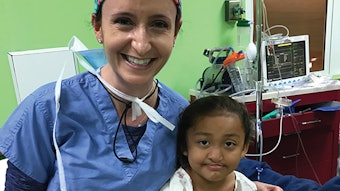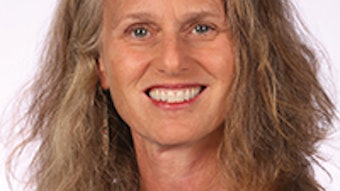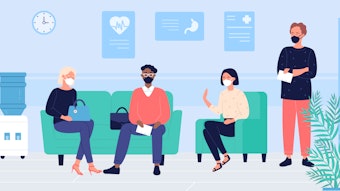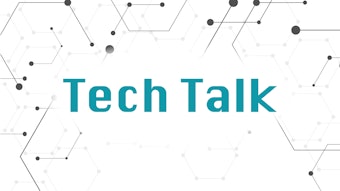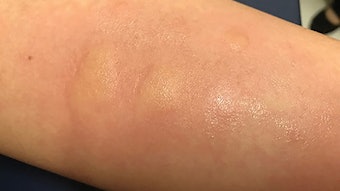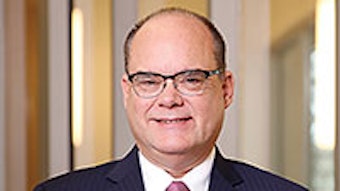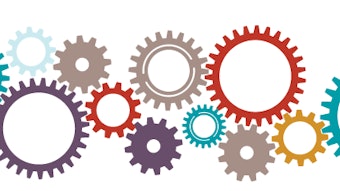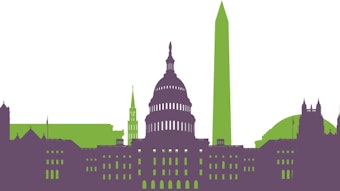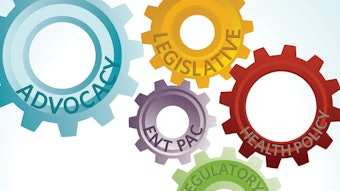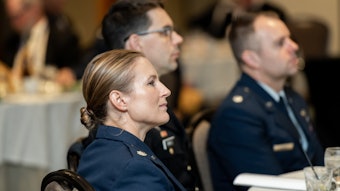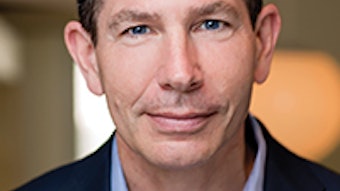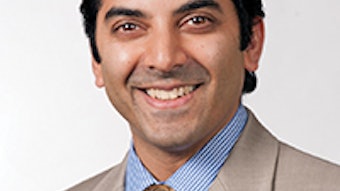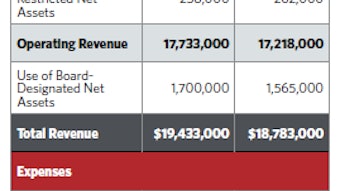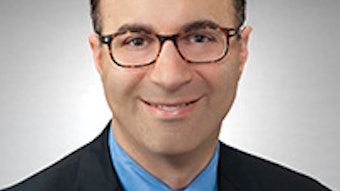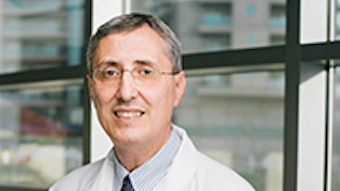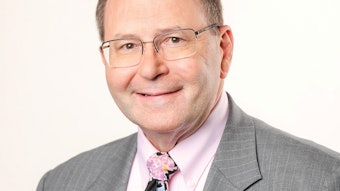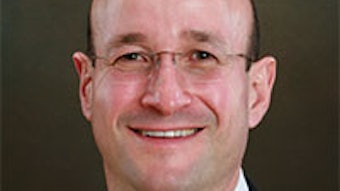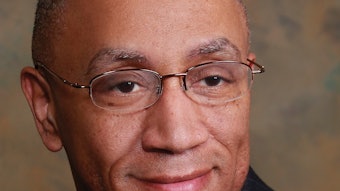Together We Are Stronger
Sitting sequestered in my home after a shortened day of work due to the COVID-19 pandemic, mixed feelings persist. Sadness looms given the amount of sickness and mortality that has stricken the world, but the amount of self-reflection, quality time with my wife and kids, and even exercise (yes, it does exist) that has occurred over the past three weeks has been a refreshing change.
Andrew M. Coughlin, MD, Chair of the BOG, Socioeconomic and Grassroots Committee
Sitting sequestered in my home after a shortened day of work due to the COVID-19 pandemic, mixed feelings persist. Sadness looms given the amount of sickness and mortality that has stricken the world, but the amount of self-reflection, quality time with my wife and kids, and even exercise (yes, it does exist) that has occurred over the past three weeks has been a refreshing change. Much of my self-reflection has revolved around how our interactions in the medical community have changed and evolved as a result of current world events.

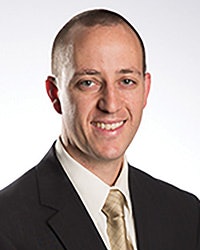 Andrew M. Coughlin, MD
Andrew M. Coughlin, MDChair of the BOG Socioeconomic and Grassroots Committee
Spring is the time when religions around the world have important observances. As I write this, it is Holy Week for Christians. One of the major complaints about Christianity, especially in the United States, is that some only choose to go to church on Christmas and Easter, because those are the days that “matter” most. A parallel exists in our current medical community. When this pandemic hit, everyone ran to their local, state, and national medical societies in search of answers, solutions, and political representation. Many of these providers have been absent for years, or even decades, from their representative organizations. Where did all these people come from? Why did they wait until a catastrophic event to become involved and engaged? Is it simply the fear of the unknown that has driven them to this end?
While there are many questions still to ponder, I must congratulate the AAO-HNS for being a constant source of reason, information, and collegiality. Every time I have seen a new question posted on ENTConnect or social media, the Academy has had an answer or resource posted within a day. It even had the foresight to expand its bandwidth and spread information to nonmembers through podcasts on FrequENTcy and invite commentary and early research through its journals Otolaryngology–Head Neck Surgery and OTO Open.
While our Academy has been instrumental in looking at the bigger picture, right now there is a real opportunity to address the finer details, specifically the individual needs of our heterogenous practices. For example, imagine a private practice with two providers, three staff, and an office manager, three of whom are COVID-19 positive. How do two staff members run a practice? What resources are available to them? Academic systems generally have processes in place, but what if you work as a hospital-employed otolaryngologist where you are asked to come up with policy? What resources do you have, what resources do you need? How should these very different practices enter a recovery phase as they ramp up, moving forward once the curve flattens and declines?
While I am quite hopeful that the peak of COVID-19 is behind us and that we are on the road to recovery when you read this in June, I also recognize that we need input from otolaryngologists across borders. Survival, not success, is achieved during a crisis. Success is earned during the interim with careful planning and development of strong chains of command. Not every detail can be exacted, but we must be motivated in times of ease so that we prevail in times of trial. As Chair of the Socioeconomic and Grassroots Committee (SEGR) for the AAO-HNS Board of Governors, I am in constant need of new people and new ideas. This pandemic has hit all of us directly in our backyards and clearly should be the impetus to get us involved now! I am calling all of you to do one of three things:
- Call or email the SEGR Committee if you want to be involved with our committee’s work.
- Call or email your Regional Representative and tell them what is plaguing your practice.
- Identify an otolaryngologist who is not a member of the AAO-HNS but has benefited from the Academy’s strong work during this pandemic. Encourage them to join and get involved.
Together We Are Stronger.
The Board of Governors and its committees can be reached by emailing bog@entnet.org.
The BOG Regional Representatives can be reached at BOGRegionalRepresentatives@entnet.org.

